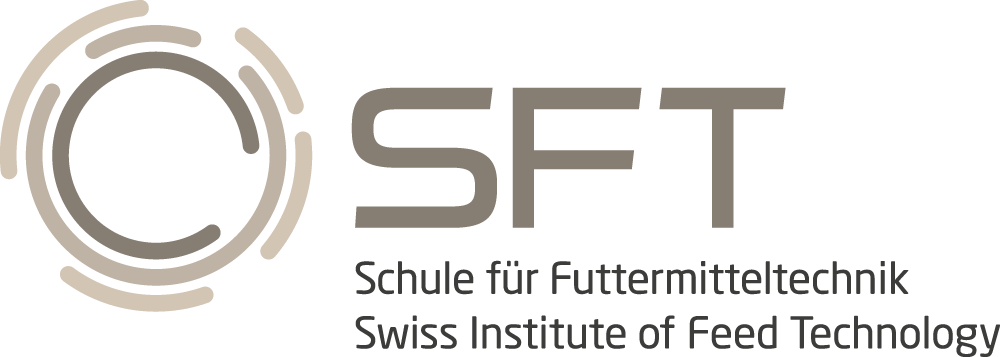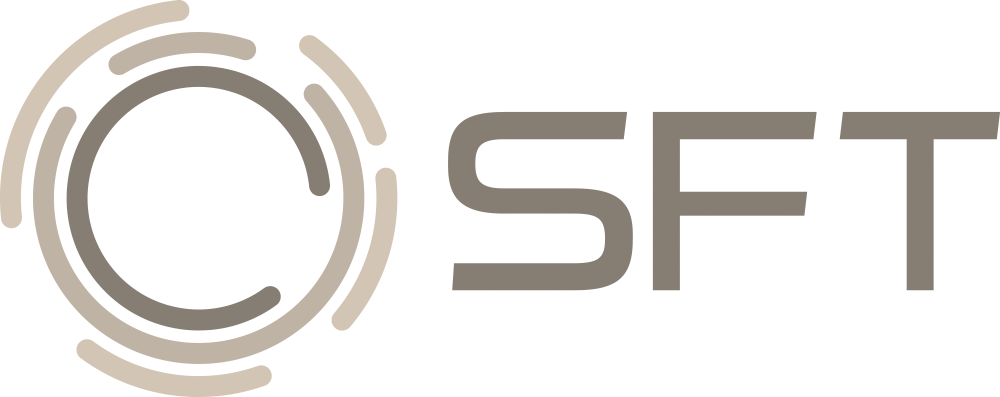Adeline Robert, our lecturer for animal nutrition and feed science. In spring she attended our course in machine and process technology and now she’s already teaching the two exciting topics of animal nutrition and feed science as part of this year's diploma course.
NEWSFaces of the SFT – Adeline Robert


How would you describe your role at SFT?
At the SFT, I was allowed to teach the two exciting topics of animal nutrition and feed science as part of a diploma course.
What is your function at UFA?
At UFA AG, I’m working in the technical service department. The daily routine is diversified and includes different tasks, such as formulating compound feed for the UFA plants or helping with product development in the compound feed area.
What trends in the feed industry are of high importance to you and do you actively follow?
The use of by-products, as well as the sustainable use of resources in general, is of high importance to me. Diversification in label guidelines is also an important trend. These define various specifications, such as the use or origin of raw materials.
Where would you like to see progress? Are there bullet points that are particularly painful?
Additives such as enzymes, amino acids or health-promoting active ingredients can offer many advantages in animal nutrition. There is already a large variety of products with different mechanisms of action on the market. The further development of these products is very important from my point of view, as they can have a lot of positive effects in the animal and for the environment. In animal genetics, I’d also like to see continued progress, whether in terms of resource efficiency or disease susceptibility.
How do you see the future of digital training? Does it make sense for you as an employer?
From my point of view, digital training brings the advantages of less travel and that the digital training can also take place during extraordinary times (Covid19). However, it is important that the technology works accordingly. Contact with other students, as well as interactions and mutual exchange, are unfortunately more difficult with digital training.
Which option is better for you: classes in blocks or in addition to working hours? (evenings, Saturdays)
The block-by-block teaching is best for me.
What advice do you have for new feed industry professionals?
Feed costs on a farm comprise 60-70% of total production costs. Thus, they are the largest cost item that can be controlled by the farmer. In this context, knowledge of animal nutrition, as well as of the raw materials used in the feed industry, plays an important role in supporting agriculture in this area.

